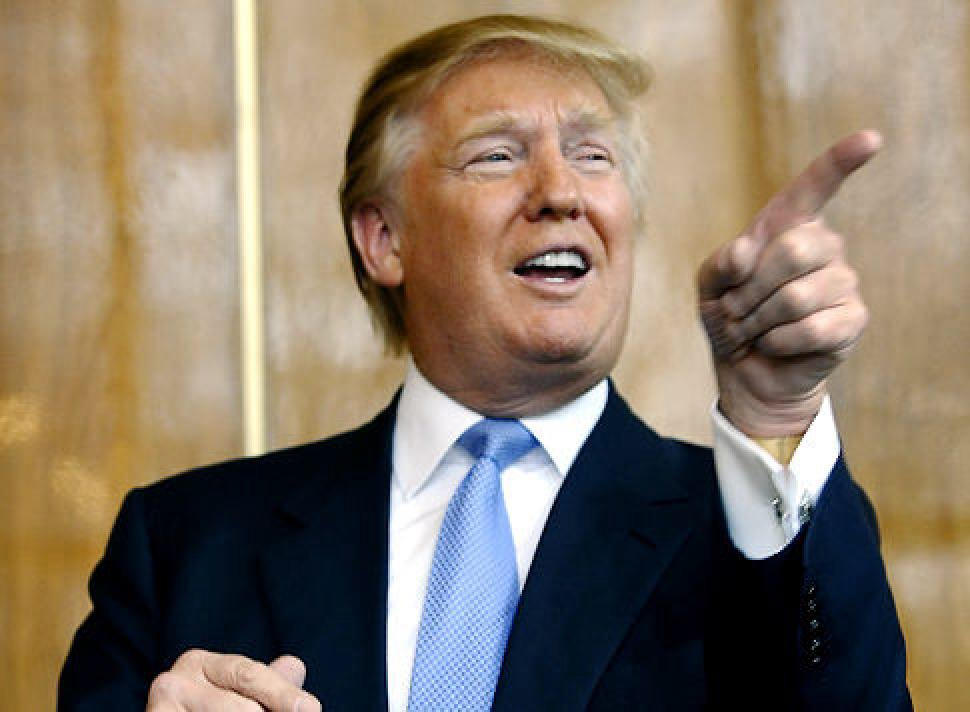Let us revisit, one final time, what has become the question for those with hesitations about voting for Donald Trump: For whom, then, shall we vote?
The nearer the election comes, the sharper the pressure will be upon those who have assumed the #nevertrump mantle to either flip and endorse Trump or offer our vote to Hillary.
Login to read more
Sign in or create a free account to access Subscriber-only content.
Topics:
